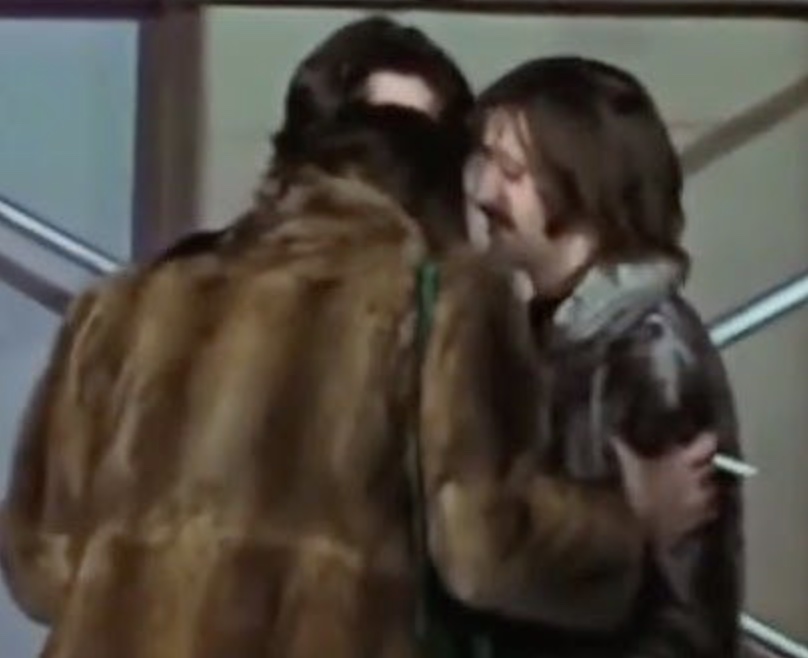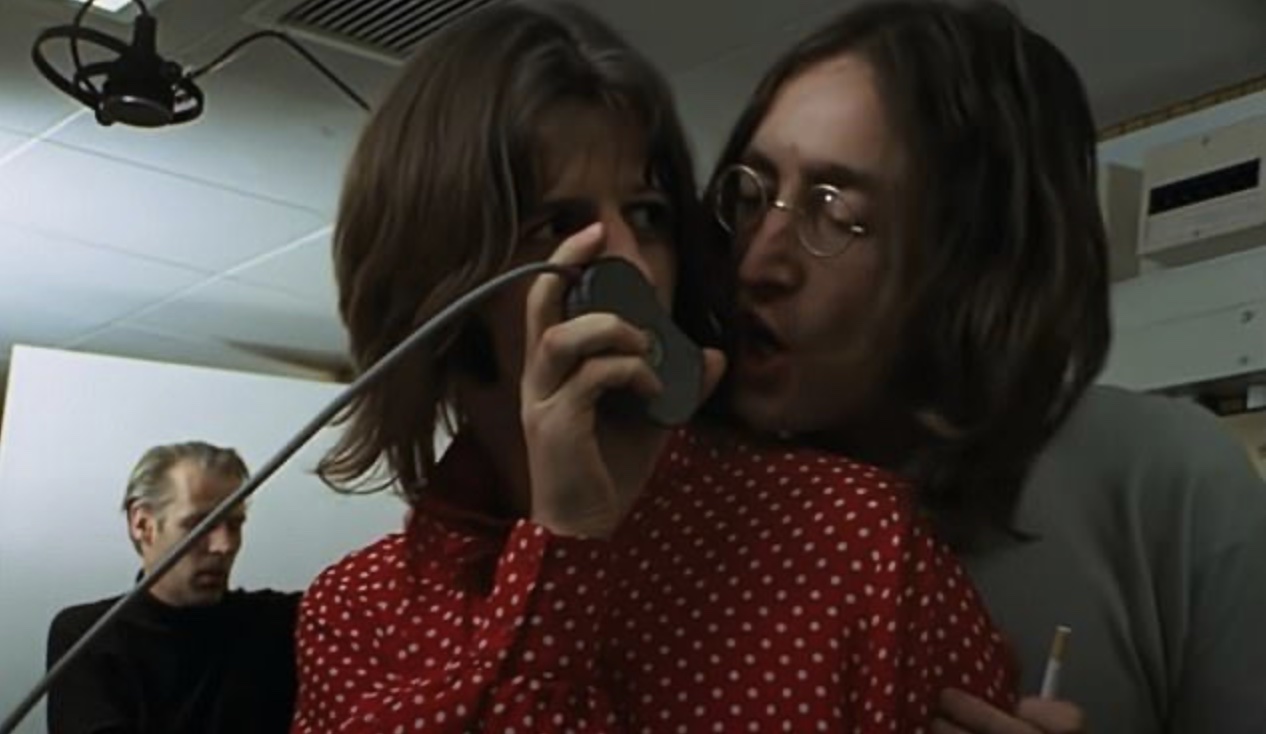
A Fuse Already Lit
By the late 1960s, tensions inside The Beatles ran so high that even promising sessions could curdle without warning. The band was still capable of brilliance, but the cost of that brilliance was rising. Personal paths were diverging, creative visions were clashing, and the once-easy telepathy of four young men from Liverpool had begun to fray. In that climate, certain songs became lightning rods. Few did so as memorably as “Maxwell’s Silver Hammer.”
When Patience Ran Thin

Ringo Starr—typically the group’s peacemaker—would later recall one session as “brutal,” the kind that leaves even steady hands feeling spent. What wore him down was not a lack of affection for the material, but the process itself: repetitions that felt endless, takes that multiplied, and a mood that shifted from determination to exasperation. If the late 1960s asked The Beatles to dig deeper, sessions like this showed how much it now hurt to keep digging.
The McCartney Method

Even before the breakup, Paul McCartney often drove the studio engine. That focus yielded classic records; it also sparked friction. George Harrison admitted that working on some of Paul’s compositions could be exhausting, not because the songs were weak but because the perfection demanded to realize them could feel relentless. Harrison pointed to “Maxwell’s Silver Hammer” as a case in point—an “overly whimsical” piece in his view, one that demanded many hours before the band finally captured a solid track. Over time, George felt Paul’s taste leaned toward the tuneful and theatrical, perhaps aimed more at younger listeners than the rest of the band preferred.
Ringo’s Breaking Point
For Ringo, the song’s recording became a byword for fatigue. He described “Maxwell’s Silver Hammer” as among the most grueling experiences of his Beatles tenure, a session that seemed to drag on without end and wore down even his usually calm temperament. What one member felt as craft, another experienced as attrition.
A Different Memory From Paul
McCartney’s recollection was notably different. To him, the work stretched across just three days—hardly unusual for a single track—and he considered the retrospective complaints overstated. He saw the persistence as part of his job: chase the sound in his head until the tape matched it. Where others remembered grind, he remembered craft.
Lennon, Absent and Unsparing

John Lennon was largely absent for the sessions while recovering from a car accident, but he still heard plenty about them. Reports from Harrison and Starr colored his view. To John, the track epitomized a McCartney mode he didn’t share, and he believed Paul had pushed George and Ringo too hard. Lennon even claimed more money went into “Maxwell’s Silver Hammer” than any other song on the album and suggested the result might have been stronger had he been able to record on it himself. Whether or not the numbers bear that out, the sentiment revealed a wider truth: by this stage, The Beatles no longer agreed on how to be The Beatles.
Fiction With a Point
For McCartney, “Maxwell’s Silver Hammer” wasn’t autobiography; it was imagination. He often drew on real life, but just as often he wrote like a dramatist. Maxwell, the hapless antihero, was a character in a short play set to music. The song’s cheerful delivery was a deliberate contrast with its darkly comic plot—a device Paul used to underline a theme he insisted was serious: life’s sudden reversals. Just when things seem to glide, the proverbial hammer falls.
The Song Beneath the Argument
Strip away the studio quarrels and “Maxwell’s Silver Hammer” becomes a window into how the band’s strengths were beginning to pull against one another. Paul’s meticulousness and flair for music-hall brightness; George’s hunger for space and seriousness; Ringo’s feel for when a take has given all it can give; John’s instinct for edge and economy—each quality had once fused into something larger than four individuals. By 1969, those same qualities could clash, not because anyone had failed their craft, but because each had grown in a different direction.
Why It Still Matters
In the end, the track is more than a quirky entry in the Beatles canon. It is a case study in process under pressure: a band at the height of its powers, arguing not about whether to do great work, but how to do it—and at what personal cost. McCartney heard a carefully built, meaningful piece of pop theater. Harrison and Starr felt the toll of getting there. Lennon, sidelined, bristled at the method and doubted the payoff.
Half a century on, “Maxwell’s Silver Hammer” remains the cheerful tune that hides a hard lesson. In its bright melody and uneasy backstory, you can hear a group reaching for excellence and discovering how difficult—how maddening—that reach had become.